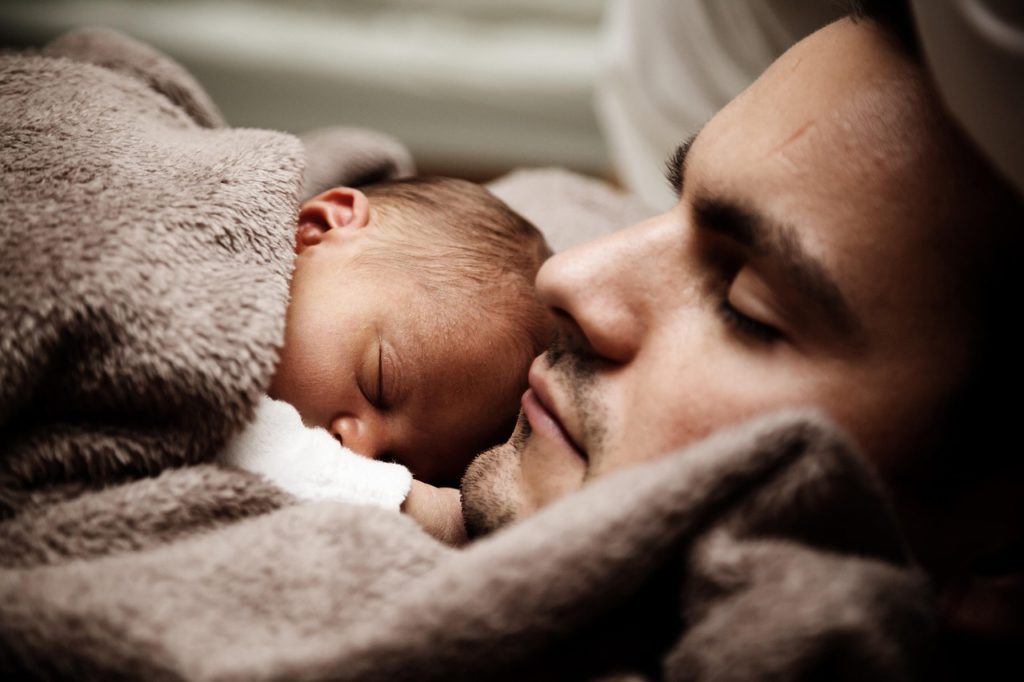Making Caregiving Count in Custody Cases

When navigating a separation or divorce, a child custody lawyer becomes an essential advocate for parents trying to secure the best outcome for their children. One of the often-overlooked factors in custody disputes is the role of at home care and how it reflects the daily responsibilities of each parent. Courts today are looking beyond traditional roles and focusing on the substance of care—who is there for the child on a day-to-day basis and how that environment supports their wellbeing.
is not just about being present in the home. It involves the routines that shape a child’s physical and emotional security—preparing meals, helping with homework, maintaining hygiene, and offering emotional support. These seemingly small acts create the fabric of a stable life. When a court evaluates custody arrangements, the consistency and quality of this everyday care can carry significant weight.
While financial support and living arrangements are critical, judges often place a strong emphasis on the practical caregiving history. For example, if one parent has been primarily responsible for school pickups, bedtime routines, and managing medical appointments, that record of involvement can help demonstrate their capacity to provide ongoing stability. In this context, caregiving becomes not just a parental duty but a legal asset.
Documentation is key. Parents who take on the bulk of at home responsibilities should keep a detailed record of their caregiving duties. This can include calendars, school communications, receipts for child-related expenses, or even statements from teachers and healthcare providers. These materials help demonstrate a consistent pattern of involvement, which a child custody lawyer can use to build a strong case.
Another factor that plays into caregiving evaluations is the child’s developmental needs. Younger children often require more direct supervision, making the availability of a caregiver during the day more relevant. If a parent works from home or has a flexible schedule that allows for more hands-on care, that could work in their favour. Conversely, if one parent relies heavily on external childcare, that dynamic may prompt further scrutiny during a custody hearing.
Emotional caregiving is just as important as the physical side. A child’s attachment to a parent can influence custody outcomes, particularly if the child expresses a clear preference that is consistent with their best interests. Courts are cautious not to let preference override wellbeing, but when a strong emotional bond is reinforced by day-to-day care, it strengthens the case for continuity in living arrangements.
Consistency is one of the cornerstones of a favourable caregiving evaluation. Courts often lean toward custody arrangements that cause the least disruption to a child’s routine. If a parent has been the primary caregiver and has established a reliable home life, the court may be reluctant to alter that arrangement drastically—especially if the child is thriving. Stability, predictability, and a safe environment often outweigh theoretical benefits proposed by the other parent.
In situations where both parents have shared caregiving duties equally, the focus shifts to cooperation and the willingness to maintain that balance. Co-parenting plans that reflect mutual respect, shared decision-making, and equal participation are more likely to be approved by the court. Here, caregiving is seen not as a competition, but as a shared responsibility that reflects the child’s best interests.

Of course, caregiving alone does not guarantee a favourable outcome. The court examines a holistic view of each parent’s ability to meet the child’s needs. This includes factors like emotional maturity, communication skills, and the ability to foster relationship between the child and the other parent. However, caregiving plays a pivotal role in shaping that broader picture.
In high-conflict custody disputes, allegations about inadequate caregiving or neglect can be damaging. That’s why it’s important for parents to maintain clear, respectful communication and avoid letting disagreements spill over into the child’s day-to-day care. When a parent’s caregiving is consistent and nurturing—even in the face of personal conflict—it sends a strong message to the court about their priorities and values.
Courts may also consider future caregiving capacity. A parent who is willing to adjust work schedules, relocate closer to the child’s school, or invest in parenting classes demonstrates a commitment to their role. These actions suggest that the parent sees caregiving as a long-term responsibility, not just a temporary arrangement for legal advantage.
Legal professionals often advise parents to approach custody cases with a focus on the child’s experience, not on personal grievances. From this perspective, caregiving becomes a clear, measurable way to advocate for the child’s continuity and care. It grounds the case in the reality of daily life rather than speculation about future potential.
Ultimately, making caregiving count in custody cases means understanding its true value—not just legally, but emotionally. Children need structure, attention, and love, all of which are provided through routine care. When courts evaluate custody, they’re looking for the parent who is most likely to deliver that care consistently and with compassion.
All in all, for parents facing these challenges, the best approach is to remain focused on the child’s needs and document everything that supports a nurturing, stable environment. With the right legal guidance, including input from a child custody lawyer who understands the nuances of caregiving, parents can present a compelling case that aligns with both legal expectations and the best interests of their child.





